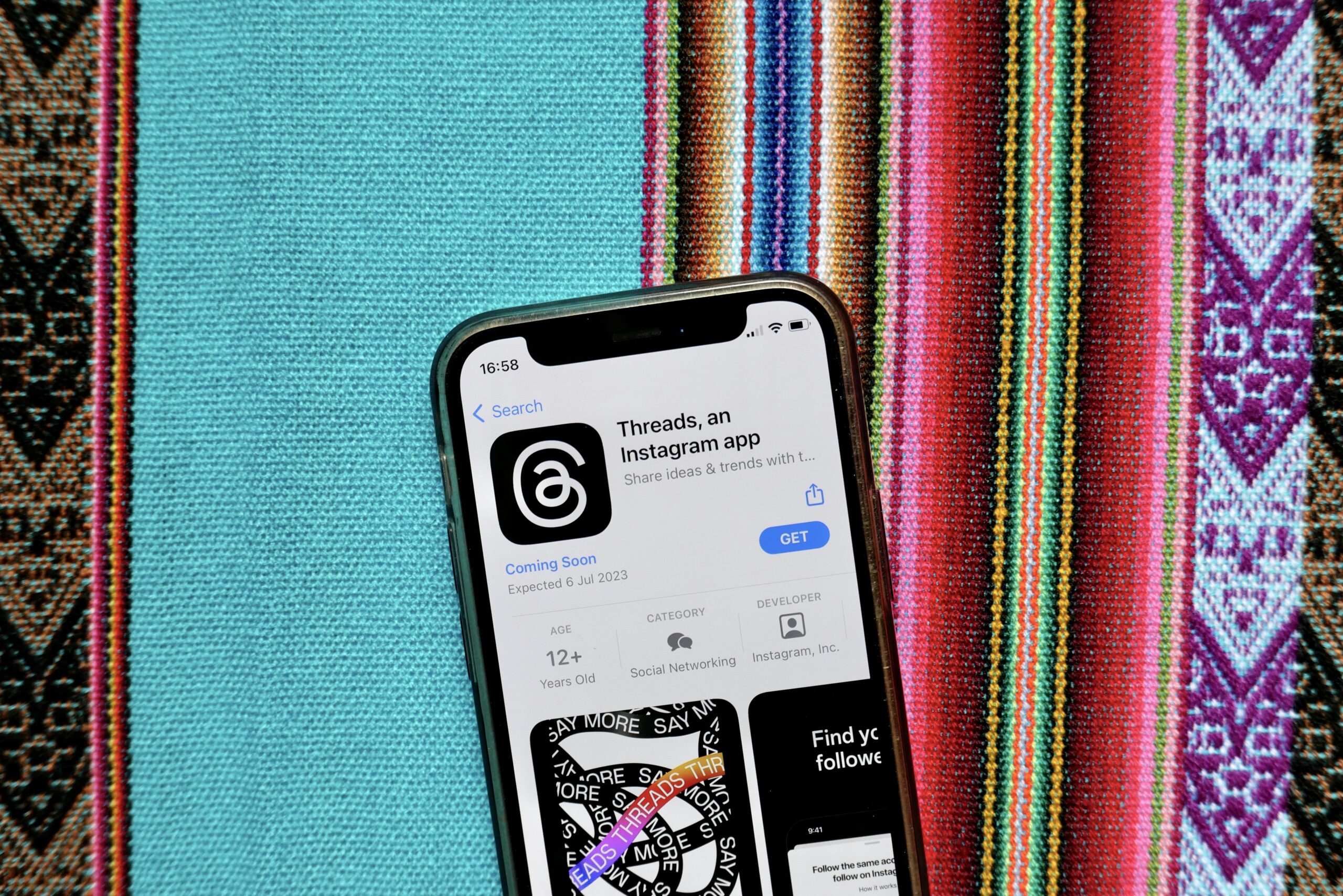What does the launch of Twitter-alternative Threads mean for B2B marketers?
Threads, a Meta-owned alternative to Twitter, is set to launch on Thursday. This is major news in the social media world and a strategic move by Meta to grab a new user base.
Meta describes Threads as a ‘text-based conversation app’ and screenshots that have been shared online show an interface that is very similar to Twitter
Why now?
The launch timing from Meta is impeccable, with Twitter experiencing a user backlash from unpopular recent changes including limiting the number of Tweets users can view and the plans to charge for Tweetdeck. These sorts of volatile decisions are leading many influential users to question the future of the app.
Can Threads be considered as a viable alternative to Twitter?
In short, we don’t know yet. However, there are definitely some elements that make this launch intriguing.
Firstly, the interface seems to be very similar to Twitter and this familiarity should make users feel comfortable and drive platform engagement from the get-go.
The second, most interesting element is the fact that Threads is linked with Instagram. This is a key strategic decision from Meta as users that already have an Instagram audience will not have to build followers from scratch as they would with other alternatives such as Mastodon.
Is integration with other Meta apps good or bad for B2B comms and marketing leaders?
People might be put off by another Meta-owned app harvesting their data and there will always be a reluctance to move away from the familiar, despite how dysfunctional it is at the moment.
We’ll also be seeing other Twitter alternatives, such as Bluesky, being released over the coming months, so committing to the ‘shiny new thing’ is definitely a risk.
Should my B2B brand still be on Twitter?
Twitter is still a place where important conversations happen across the world. Brands, journalists, NGOs and policymakers have built and cultivated their audiences here, and that will be difficult to leave behind.
There is still a large user base of individuals, brands and organisations that will be reluctant to move, but this means relying on Twitter to steady the ship.
Is competition and innovation in B2B marketing a good thing?
The opportunity to integrate across the platforms that Meta owns, like Facebook, Instagram, and WhatsApp, Threads does seem to offer a lot of potential for B2B content creators to promote and amplify as well as drive traffic and engagement.
Even so, there’s much to be worked out. We’ll be getting our hands on Threads as soon as possible to test it and advise our clients on next steps.
With another platform to contend with, B2B marketers must adapt their approach to fully take advantage of the new landscape. If it works, Meta’s entry into the market could offer fantastic opportunities and an alternative to Twitter.
We’ll leave it to influential Twitter user, Matt Navarra and his conclusion on where people stand at the moment:
“My bags are being packed… but I’ll leave a spare set of clothes here in case I don’t like the new place.”
If you would like to talk to us about the changing social media landscape or have any other questions about your comms strategy, please contact alex.gray@formativecontent.com
READ MORE
From corporate podcasts to AI: Here are the next B2B content trends in 2023
Should you pay for Twitter Blue?
About the author: Richard Wellings Head of Social & Insights at Formative Content. He is an experienced Social Strategist and Strategic Marketer. Connect with him on LinkedIn here.

Related Articles

AI won’t destroy SEO – but it will massively change the game
“The reports of my death are greatly exaggerated,” Mark Twain is said to have told a newspaper reporter.

Where creativity and technology meet: a designer’s view on artificial intelligence
My favourite things usually exist where creativity and cutting edge technology meet.

What does the launch of Twitter-alternative Threads mean for B2B marketers?
Threads, a Meta-owned alternative to Twitter, is set to launch on Thursday.

Protecting your brand in the age of generative AI
Imagine a deep fake video supposedly of your CEO making a market-moving statement going viral on the web.


